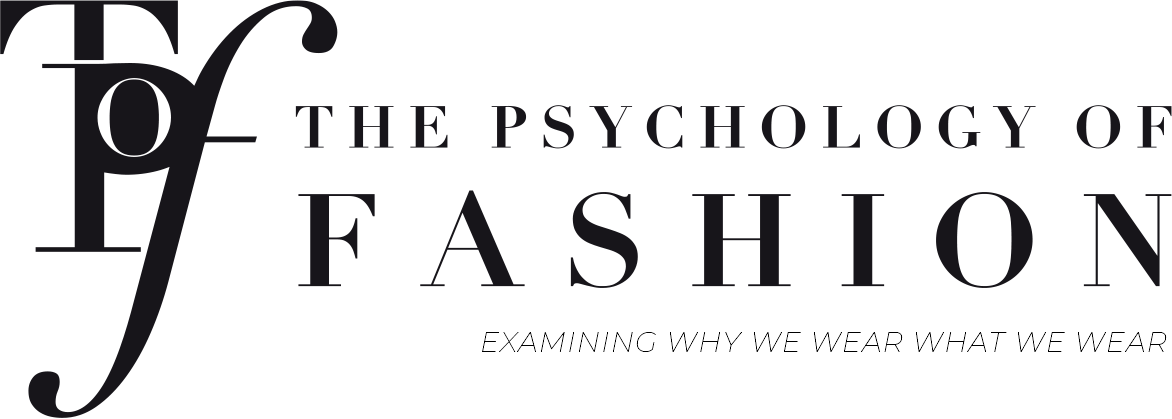In the exploration of fashion psychology, a brand’s advertising campaign provides the perfect case study to look at how their messaging attempts to emotionally engage consumers. And among the celebrity-offspring-filled Fall ‘19 campaigns (Hailey and Justin Bieber for Calvin Klein, Margaret Qualley for Celine, Willow Smith for Prada - in the London Underground no less), one work that stands out this season for its creative integrity is Zegna’s “What Makes a Man”.
The campaign, which questions traditional narratives about masculinity, was directed by boutique French Baron & Baron. Its founder Fabien Baron, arguably the most sought-after creative director in the world, has been responsible for the editorial direction of Andy Warhol’s Interview, the revamping of Vogue Italia, Madonna’s infamous ‘92 Sex tome, and shaping the visual identities of Fendi, Givenchy, among many others during his 30-year career .
Challenging the traditional view of masculinity, the brand states: “Masculinity is a state of mind, not a set of given rules. Men have been coming to terms with their inner weaknesses and strengths and are willing to take risks to embrace their own view of what masculinity is, even if this means going against traditional notions of manlihood. Men today know that fragility and failure can make them better because it is the movement of the mind and the engagement of the soul that count. Men have learned that embracing love as a positive force is a winning decision, that exploring imagination is an enriching voyage of self-discovery, that dreams and playfulness can be the qualities of adults.”
This willingness of Zegna to challenge the traditional view of masculinity is seen in the photographs: The portraits are warm and intimate, with models, including Mahershala Ali and Nicholas Tse, basking in the light. Ali is shown playing with cars just as a child might a smile beaming across his face; this play, however, does not infantilize him but rather lends him with an aura of self-confidence and ease. Tse is shown cradling a guitar with the gentleness with which one would hold an infant. His willingness to display such a fragile gesture does not render him unmasculine but rather lends him a sense of self-assurance.
In a video series, the campaign expands into answers that encompass what elements make a man, such as “Love”, “Failure”, and more, which can be seen on Zegna’s YouTube channel here.
We also couldn’t help that the campaign embodies our take on the right way to do diversity, casting people of color without making it a topic. All in all, an aspirational campaign that promotes a relatable, believable, and forward-thinking message. (More believable than a head-to-toe Prada-clad Calabasas socialite on the Central Line belting out tunes for evening commuters, Linnea Rossa or not.)
CREDITS:
Ermenegildo Zegna Artistic Director | Alessandro Sartori
Agency | Baron & Baron
Creative Director | Fabien Baron
Photographer | Josh Olins
Director | Fabien Baron
Director of Photography | Maceo Bishop
Talent | Mahershala Ali, Nicholas Tse
Art Director | Lucie Matussiere, Jeremy Kaye
Executive Producer | Mina Viehl
Executive Producer of Post | Jacques del Conte
Production | One Thirty-Eight Productions
Stylist | Van Van Alonso
Hair | Anna Bernabe
Set Designer | Colin Donahue
Editor | Graham Patterson, Modern Post
Colorist | Tim Masick, Company 3 New York
Music | Emilie Levienaise-Farrouch, Manners McDade















As news of PSYKHE’s launch spreads, The Psychology of Fashion and PSYKHE’s founder Anabel Maldonado sat down with editors at Forbes and WWD to discuss the platform, the journey and why the world needs personalization powered by AI and psychology.